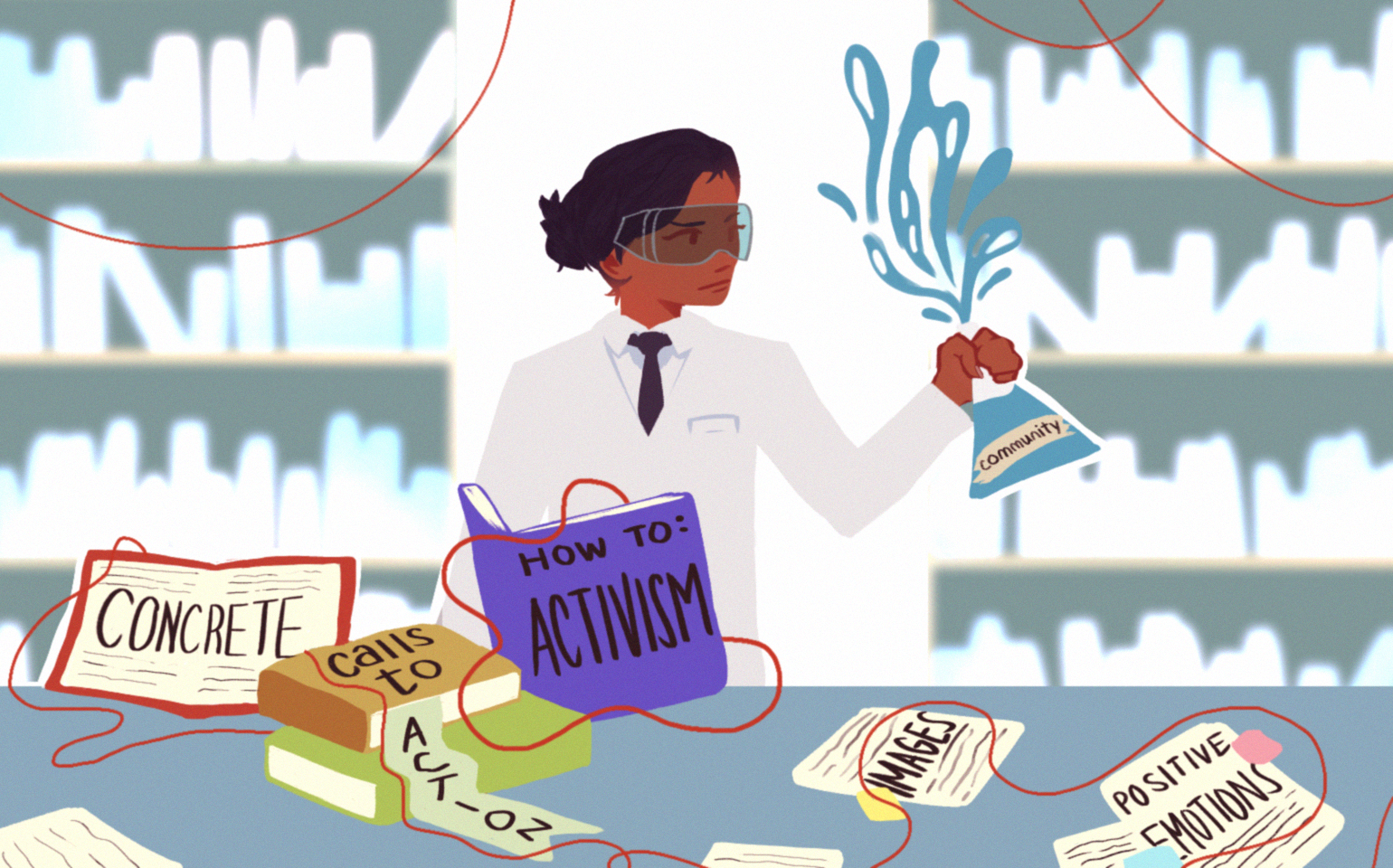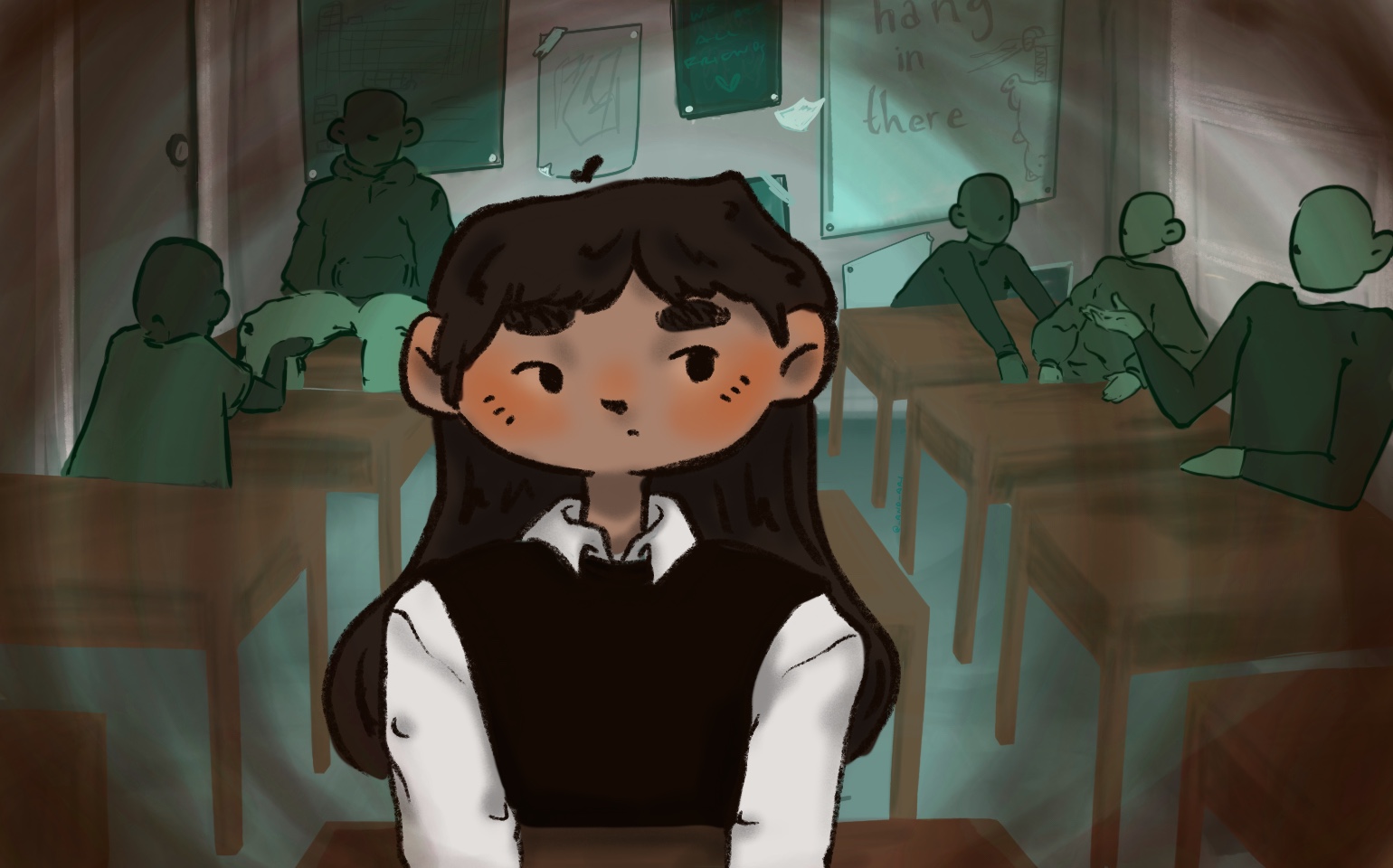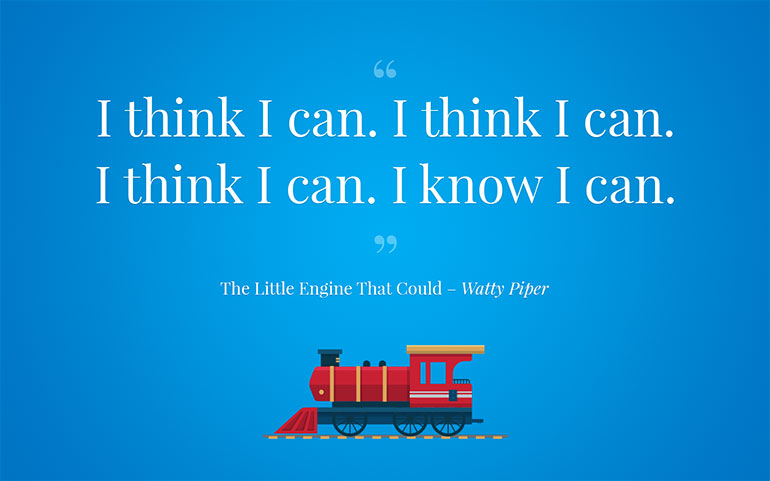The Secret to Successful Activism
In the past year, we have had to balance a waning pandemic with a recovering global economy, the war in Ukraine, and rising incidents of hate and discrimination. These issues have prompted more and more people to reach out to make a difference, but it often seems as if activism does not work. An example of this happened in a school close to me, where there was a cockroach infestation. This is unusual because schools are supposed to have the funds to solve these problems quickly, but it has persisted since the beginning of the school year. It gets interesting when we look at the fact that the school is in a poorer area, which could be evidence of unequal funding. The story began when our teacher asked the class if writing letters to the education minister about this issue would fix the problem. It took an embarrassing turn when the teacher asked us why we did not want to send a letter. The general opinion was that even if we sent the letter, it would not have any impact. We did not care because it did not impact us, so our teachers’ efforts failed. If you find your activism does not impact people seriously, there are a few things you should keep in mind.
Empathy is the first and foremost thing in caring about an issue. Empathy is the ability to understand and share the feelings of another by imagining ourselves in a similar situation. For example, how would you feel if your school had a cockroach infestation? It seems relatively easy to think about, but it is an essential step in caring about issues that do not impact you. The second step is recognizing your privilege by acknowledging that you are in that situation because of something that was given to you and not earned. I am lucky to be raised in an area where I go to a high school with proper funding. This privilege is not something I controlled, I lucked into it. The third step comes down to educating yourself. What do the facts say? Is there science backing you up? Do your research and look at conflicting points of view to create a balanced perspective.
You cannot solve an issue by yourself, so you must find a way to get other people to care.
While the three steps above are what you need to communicate, there are a few things to keep in mind when packaging this information so that it is easily understood. The four elements are community, images, positive emotions, and concrete calls to action.
The first element, community, is finding a group of people to solve your issue, which is like what my teacher tried to do when she wanted us to write letters. The second element is distributing images that communicate your message because they help draw and retain attention. The third element is spreading positive emotions, which is important because people do not like to feel guilty about their privilege. Research shows negative messaging that induces shame and guilt leads to less motivation to take action, while positive messaging that induces awe and pride has the opposite effect. While my teacher tried her best to get us to act, we did not see the point. However, if we felt positive or empowered, we would have taken action.
The last element is a call to action, which requires three things: clarity, directness, and effectiveness. Having a clear call to action means that it is something that people know how to do.
Directness is about having a clear action that someone can do rather than a broad goal. Effectiveness is when the people who can make a difference believe that their actions will be effective. In my example, the call to action was to write letters to the education minister about the issue. We did not take action because we did not think it would work. Some calls to action suffer from a lack of belief, but this can be solved when you get people to care by invoking empathy, helping them realize their privilege, and showcasing research. Action can be anything from protests, boycotts, or raising funds to donate to the cause. This depends on your level of comfort and the number of people you have on your side.
The last tip is to remain positive even if change does not come immediately. Activists have been working on these problems forever and you should not expect yourself to solve them in weeks. On top of this, there are obstacles outside your control that can set you back, so even if you face setbacks, I guarantee you will make a difference if you keep going, so never stop. Now that you know these principles go out there and make a difference!




